Test projects are intended for new users of the SLING infrastructure to learn how to use the available systems and to test the software and algorithms before preparing a larger project proposal. This mode of use is also suitable for existing users who need an allocation to rework and test new software or applications, who want to start using the systems in a new research area, or who need access to prepare appropriate benchmarking, performance and scalability analyzes to justify the use resources in project applications. A TP project can be a research project with limited resource requirements, a test and development project, or a project with specific objectives, such as for data post-processing and visualization or for demonstration purposes for specific promotional or educational purposes.

More information
Terms of Service
TP projects are granted access for a maximum of 3 months from the date of resource allocation. Computing resources will be allocated according to the SLING Task Allocation Standards, and a specific set of resource usage rules may apply to certain systems. In the case of a ‘promotional’ project, beneficiaries may request access for individuals or groups attending workshops, demonstrations or other events. Such access will normally be limited to 15 days. The proposal for temporary access should identify the person who will be responsible for annual reporting on this activity. The call is permanently open.
Beneficiaries, review procedure and allocation
TP projects can be submitted at any time to a permanently open call for proposals, and project applications are automatically accepted for new users and on first renewal, and are only reported to the expert groups by the administrators. Other requests are subject to a technical evaluation by the domain team under the rolling call within one month of submission, which is sufficient for the administrators to grant access. Applicants will be informed about the eligibility of their application within 1 week of submitting the application
Extensibility
The resources for TP projects cannot be increased
Project support
SLING provides high-level technical support to each TP project, organised by the Support Team. In special cases, the applicant may request expert support at the time of application to solve specific problems or to ensure the optimisation required by the project. Such support must be requested and justified by the applicant in the project application.
Limitations
Each applicant may have a maximum of 3 approved TP projects per year.
Project application
You can apply for a project using the application form.
Instructions for project application
Project applications are subject to assessment of relevance and feasibility. You must also attach to the TP application form the completed form: Agreement on the processing of personal data (GDPR) and statement on the use of resources.



